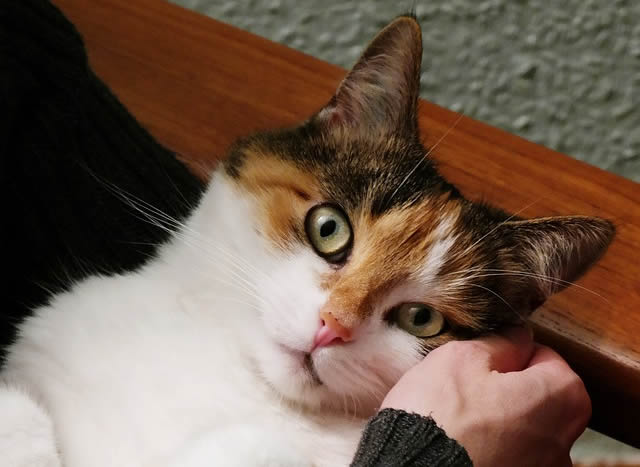先日から「Why only children are still stereotyped as selfish and spoilt -「一人っ子はわがままで甘えん坊?」を読んでいます。

・「一人っ子はわがままで甘えん坊?」(1)
・「一人っ子はわがままで甘えん坊?」(2)
・「一人っ子はわがままで甘えん坊?」(3)
・「一人っ子はわがままで甘えん坊?」(4)
・「一人っ子はわがままで甘えん坊?」(5)
The flexibility of the only children “struck” her, she says.
この一人っ子の柔軟性に「打たれた」と彼女。
They were “quite savvy in figuring out who their friends were, who they wanted to make friends with and how to build their own small interpersonal networks.”
彼らは「自分の友人が誰なのか、誰と友達になりたいのか、どうすれば自分の小さな対人ネットワークを構築できるのかを、かなり熟知していました。」
Contrary to the stereotype of onlies being shy and socially awkward, Xu says they are naturally equipped to socialise.
一人っ子はシャイで社交下手という固定観念に反して、彼らは自然に社交性を備えているとシュー氏は言う。
In fact, she adds, singletons might even be at an advantage to their peers with siblings, since, without siblings to rely on,
実際には頼れる兄弟姉妹がいない分、一人っ子の方が有利になる事もあり
they “have to learn to build friendships and share with other kids from other families”.
一人っ子は「他の家庭の子供たちと友達関係を築き、分かち合うことを学ばなければなりません。」
Research has tied growing up as an only child to many advantages and positive traits, in fact.
調査によると、実際に一人っ子で育つことは多くの利点やポジティブな特性につながる。
Some studies have linked only children with having superior verbal skills;
ある研究では、一人っ子は言語能力に優れているとされ、
others have concluded only children are more motivated and “personally adjusted”.
またある研究では、一人っ子はモチベーションが高く「個人的に順応している」とされている。
Blair says personalised attention and resources from parents can make a positive impact on only children.
ブレア氏によると、親の我が子への配慮や手助けは、一人っ子に良い影響を与えるとのこと。
“Money goes into it, [but also] you get their time, their rich language input and more ordered living than when there are several children.”
「お金はかかりますが、(それだけでなく)子供たちに時間や豊かな言語能力、複数の子供がいる場合よりも秩序ある生活を与えられます。」
確かに家庭に一人しか子供がいないと、両親や祖父母はその子だけに全てを与えられるので、教育や能力開発の点で有利な部分はあるかもしれません。
まあしかし大人になってみると、一人っ子は両親が先立てば血を分けた肉親はなく一人ぼっち、一方兄弟がいる方は、その点心強いんだろうなと想像すると、どちらも一長一短なんでしょうね。
理由は単純明快!「少ないコストでしっかり楽しく学べるから」。
私自身の経験(高機能でビックリ)をびっしり書いていますので、良かったら読んでみてください。
下のバナーからどうぞ!






